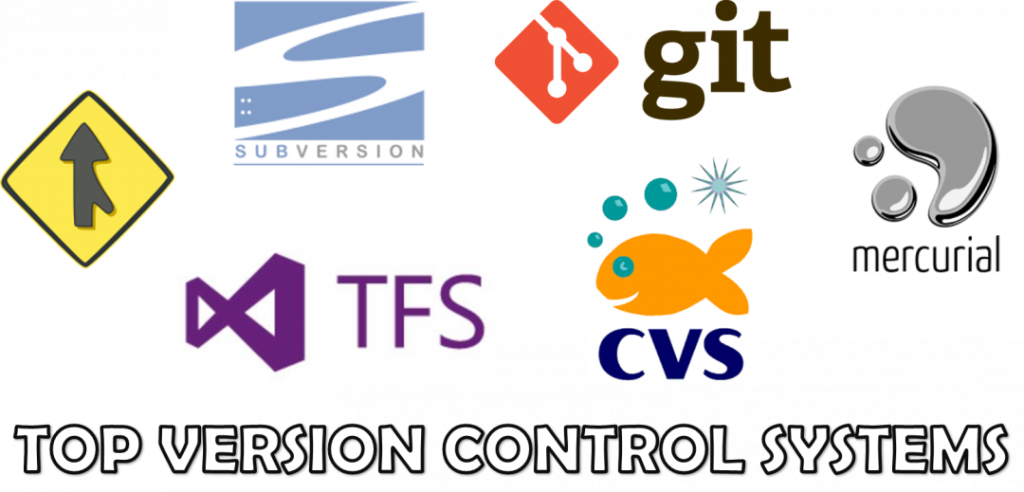
Version control systems (VCS) have become indispensable tools for software development, and 2024 reflects their continued evolution and diversification. Here’s a glimpse into the current landscape:
Dominant Player:
- Git: Still reigns supreme, holding a dominant market share (over 89%). Its distributed nature, ease of use, rich ecosystem of tools, and seamless integration with popular platforms solidify its position.
Strong Contenders:
- Microsoft Azure DevOps Server: A popular choice for enterprises leveraging Microsoft technologies, offering a comprehensive set of features beyond basic version control, like build automation and deployment management.
- Atlassian Bitbucket: A popular cloud-based option providing Git hosting, code review, and project management tools, particularly useful for teams using Atlassian’s ecosystem.
- GitHub: Primarily known as a code hosting platform, GitHub offers basic version control features and caters to open-source development and collaboration.
Emerging Options:
- Mercurial: While not as popular as Git, Mercurial offers a similar distributed model with some unique features, like branching capabilities and atomic commits.
- Fossil: Less mainstream, Fossil is a self-contained VCS with built-in issue tracking and wiki capabilities, appealing to smaller projects or teams seeking a lightweight solution.
Factors to Consider When Choosing a VCS in 2024:
- Team size and structure: Large teams with complex workflows might benefit from enterprise-grade solutions like Azure DevOps Server or Bitbucket. Smaller teams might find Git sufficient.
- Development environment: Consider integration with your preferred tools and platforms (e.g., GitHub for open-source projects, Azure DevOps for Microsoft-centric environments).
- Project needs: Evaluate if you require features beyond basic version control, like issue tracking, build automation, or project management tools.
- Community and support: Choose a VCS with a large and active community for easier troubleshooting and knowledge sharing.
Beyond the Basics:
- Focus on Security: VCS security becomes increasingly crucial. Look for systems that offer features like access control, encryption, and audit trails.
- Integration with CI/CD Pipelines: Seamless integration with continuous integration and continuous delivery (CI/CD) pipelines streamlines development workflows.
- Collaboration and Workflow Management: Modern VCS offer features that support collaboration, branching, merging, and conflict resolution.
The “best” VCS depends on your specific needs and context. Evaluate your requirements and explore available options to find the perfect fit for your software development journey in 2024!
Say goodbye to the hassles of bike ownership! MotoShare.in offers affordable rentals, whether you need a scooter for errands, a bike for a road trip, or a reliable ride to explore new cities.

 Starting: 1st of Every Month
Starting: 1st of Every Month  +91 8409492687
+91 8409492687  Contact@DevOpsSchool.com
Contact@DevOpsSchool.com
